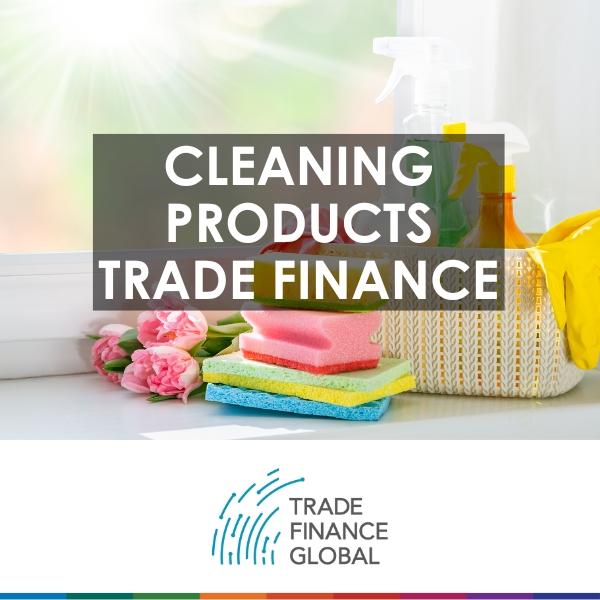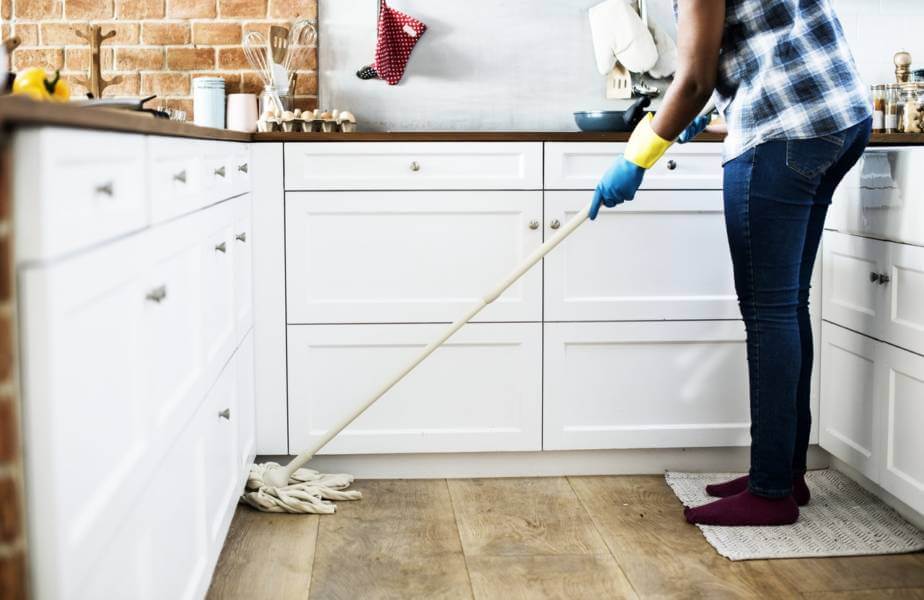Cleaning Products (SIC 20411)


Access trade, receivables and supply chain finance
We assist companies to access trade and receivables finance through our relationships with 270+ banks, funds and alternative finance houses.
Get startedBenefits
- Grow business revenues by selling to new customers
- Unlock working capital to invest in your business
- Mitigate financial and operational risks of international trade
Content
What is Cleaning Products Trade Finance?
Global demand for cleaning products, particularly soap based hygiene products, is producing record revenues for the industry and sustained growth in mature and emerging markets. Combining access to finance, trade management tools and deep industry expertise, Trade Finance Global has helped a number of firms trading in soap and cleaning products to import production materials efficiently and export their products profitably around the world.
Cleaning Products Trade Finance
Trading in cleaning products remains a profitable enterprise for both the major global players in the industry and smaller producers, traders and wholesalers. Total revenues in the global bath soap market reached over $18bn in 2017, with annual growth in the sector of around 5% p/annum since 2010. This strong performance is reflected in the industries demand for soap noodles, which is also predicted to grow year on year until 2024. In the wider industry, the Asia-Pacific now accounts for around 40% of the total global demand for cleaning products, and although the major industry conglomerates account for large swathes of revenue (Proctor & Gamble accounts for 15% of total global bath soap sales on its own) smaller traders and soap manufacturers are finding lucrative opportunities in the market. As well as servicing burgeoning demand from emerging markets, this often take the form of developing and selling ranges of new luxury, premium or variety products which consumers are increasingly demanding, including moisturizing, aromatherapy, anti-bacterial, herbal, and medicated soaps.
Taking these products to new customers and new territories has been a major source of revenue growth for producers across the world in recent years. However, trading across international borders can be risky without the right support, and delays in payment after dispatch and lengthy waits whilst products are in transit can cause cashflow issues for importing and exporting parties alike. However, these risks can be mitigated if firms fully explore their options for trade finance support. By partnering with a trade financier, firms looking to begin or expand their international trading arms can get access to the right finance and tools to get their proposed ventures off the ground and capitalise on the robust global demand for these products.
Products financed
Key cleaning products financed include:
- Liquid soap
- Preparations for use as soap (i.e. soap bars)
- Soap noodles for production of soap
- Soap products (i.e. bath products)
- Products containing soap (i.e. cleaning wipes)
- Washing preparations
- Polishing or scouring preparations
- Artificial and prepared waxes
- Candles
- Modelling pastes and dental waxes
Cleaning Products Producer – Finance Requirements
- You have a history of profitable trading
- Your business is creditworthy
- You have a clear business plan to support your proposed venture
How the transaction works
Unlike commercial finance, trade finance products usually do not require capital guarantees to secure the loan. Instead, TFG will work with you to assess your firm and any proposed ventures, before recommending an appropriate trade finance product based on their findings. They will then search the private finance market for the best value lending and construct a product for you with bespoke lending terms and some form of guarantee for the lender – usually, this will take the form of an unpaid invoice, cash in accounts receivable, or even the goods purchased in the proposed venture. Once confirmed, TFG would extend finance to the importer in the transaction to pay the exporter in full once the goods being purchased are dispatched. The importer can then enjoy lengthy repayment terms, which ensure they can transport, receive and sell the goods they have imported, before repaying TFG from their profits.
What is the SIC Code for Trade in Cleaning Products?
SIC Code
20411
Manufacture of soap and detergents
Other SIC Codes that could also be used are:
The manufacture of cleaning products is covered by three separate SIC codes dependent on the specific product type being produced:
- 20411 Manufacture of soap and detergents
- 20412 Manufacture of cleaning and polishing preparations
- 20420 Manufacture of perfumes and toilet preparations
Full tariff schedules for soap and polish be found on gov.uk.
Case Study

Wholesaler, Cleaning Products
A UK cleaning products manufacturer wanted to grow its international operations to meet increasing overseas demand for its products. TFG acted as a middleman for its first international transactions, eliminating the risk of non-payment for the firm.






















